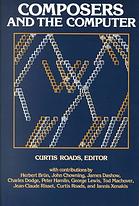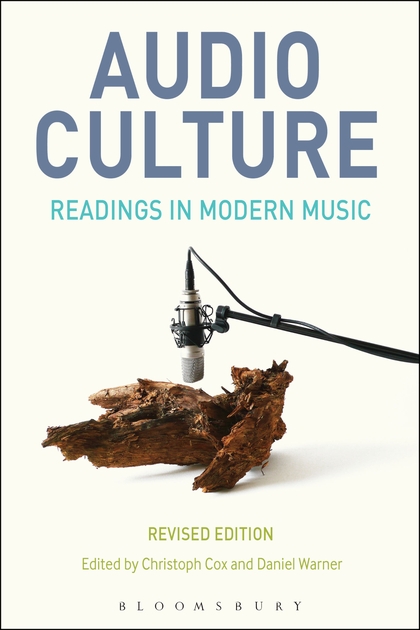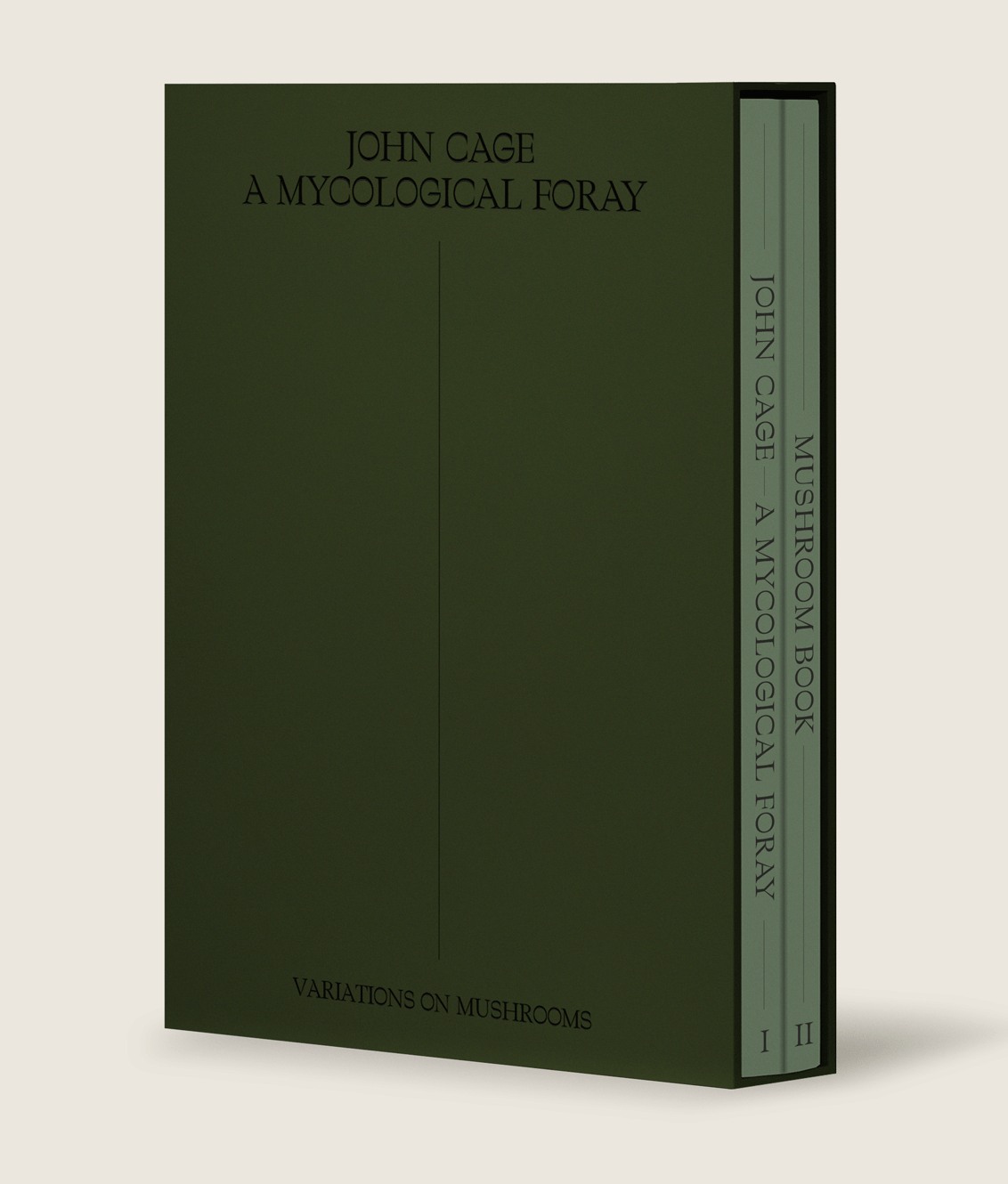Curtis Roads (ed.): Composers and the Computer (1985)
Filed under book | Tags: · composing, composition, computer music, computing, electroacoustic music, electronic music, music, music criticism, music history, sound, technology

An early anthology focusing on the aesthetics and compositional techniques in computer music.
With essays by Curtis Roads, Charles Dodge, Tod Machover, Jean-Claude Risset, Iannis Xenakis, and an interview with Herbert Brün by Peter Hamlin with Curtis Roads.
Publisher William Kaufmann, Los Altos, CA, 1985
Computer Music and Digital Audio series
ISBN 0865760853, 9780865760851
xx+201 pages
Review: Jon Appleton (The Musical Quarterly, 1986).
PDF (57 MB)
See also Roads’s Composing Electronic Music: A New Aesthetic (2015).
Comment (0)Christoph Cox, Daniel Warner (eds.): Audio Culture: Readings in Modern Music (2004/2017)
Filed under book | Tags: · composing, composition, djs, electroacoustic music, electronic music, experimental music, improvised music, listening, minimal music, music, music criticism, music history, music theory, musique concrète, noise, silence, sound

“Audio Culture maps the aural and discursive terrain of vanguard music today. Rather than offering a history of contemporary music, the book traces the genealogy of current musical practices and theoretical concerns, drawing lines of connection between recent musical production and earlier moments of sonic experimentation. It aims to foreground the various rewirings of musical composition and performance that have taken place in the past few decades and to provide a critical and theoretical language for this new audio culture.
Via writings by philosophers, cultural theorists, and composers, Audio Culture explores the interconnections among such forms as minimalism, indeterminacy, musique concrète, free improvisation, experimental music, avant-rock, dub reggae, ambient music, hip hop, and techno. Instead of focusing on the putative “crossover” between “high art” and “popular culture,” Audio Culture takes all of these musics as experimental practices on par with, and linked to, one another.
Audio Culture includes writing by some of the most important musical thinkers of the past half-century, among them John Cage, Brian Eno, Glenn Gould, Umberto Eco, Ornette Coleman, Jacques Attali, Simon Reynolds, Pauline Oliveros, Paul D. Miller, David Toop, John Zorn, Karlheinz Stockhausen, and many others. The book is divided into nine thematically-organized sections, each with its own introduction.”
Publisher Continuum, September 2004
Second, revised edition, Bloomsbury, 2017
ISBN 9781501318351, 1501318357
xviii+646 pages
Reviews: Ian Whalley (Computer Music Journal, 2005), Christopher DeLaurenti (eContact!, 2006), Dene Grigar (Leonardo, 2005), Clemens Gresser (Tempo, 2005), Gregory Taylor (Cycling74, 2018).
PDF, PDF (updated on 2021-2-6)
EPUB, EPUB (updated on 2021-2-6)
John Cage: A Mycological Foray – Variations on Mushrooms, 2 vols. (1972/2020)
Filed under artist publishing, book | Tags: · chance, composing, composition, ecology, mushrooms, music, sound

“John Cage: A Mycological Foray draws readers across the idiosyncratic, mushroom-suffused, innermost landscape of celebrated American composer John Cage. Upon the remarkable journey with Cage, one encounters assorted photographs, compositions, and contemplations; all in the very same unexpected fashion one encounters various flora and fungi species while mushroom foraging.
Volume I encompasses Cage’s mycological-oriented Indeterminacy stories, Diary excerpts, and essays; and the complete transcript of Cage’s 1983 performance, MUSHROOMS et Variationes.”
Volume II offers the inaugural reproduction of Cage’s 1972 portfolio, Mushroom Book, printed in 1972 in the limited run of 75 copies. The book is a study of fifteen different species of mushrooms, and each folio includes Cage’s poetry, sketches, and drawings (placed on the page by chance operations); scientific information about the mushrooms by Alexander H. Smith; and botanical illustrations by Lois Long.
John Cage: A Mycological Foray is developed in collaboration with the John Cage Trust.
With essay by Kingston Trinder and texts by Isabelle Bucklow.
Edited by Ananda Pellerin
Publisher Atelier Éditions, New York, 2020
ISBN 1733622004, 9781733622004
224 pages
via Alexandra Fanning, HT Georges Vantongerloo
PDF (watermarked file from publisher’s Dropbox, contains both volumes; no longer available as of 2 July 2020)
Comments (9)
